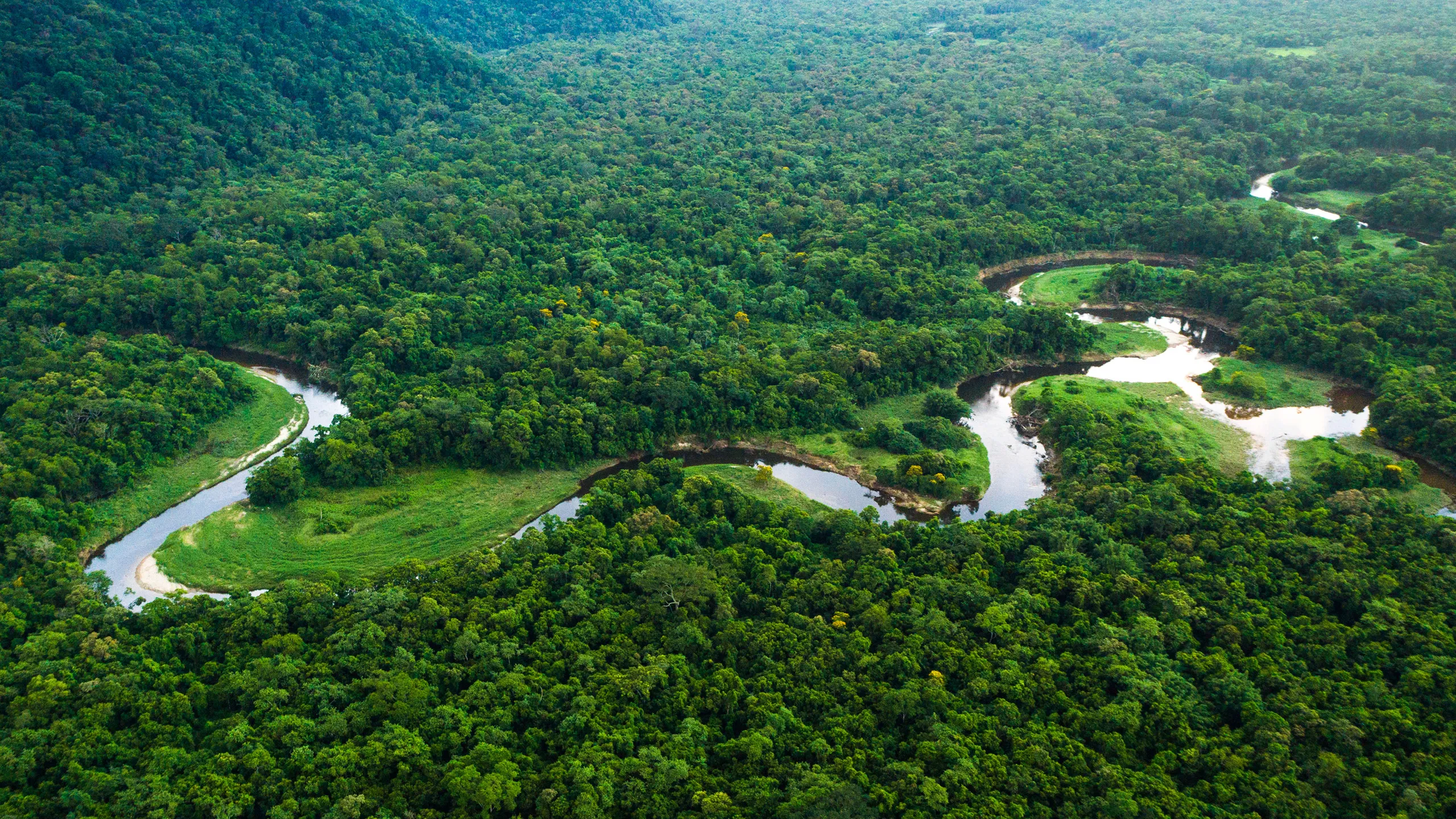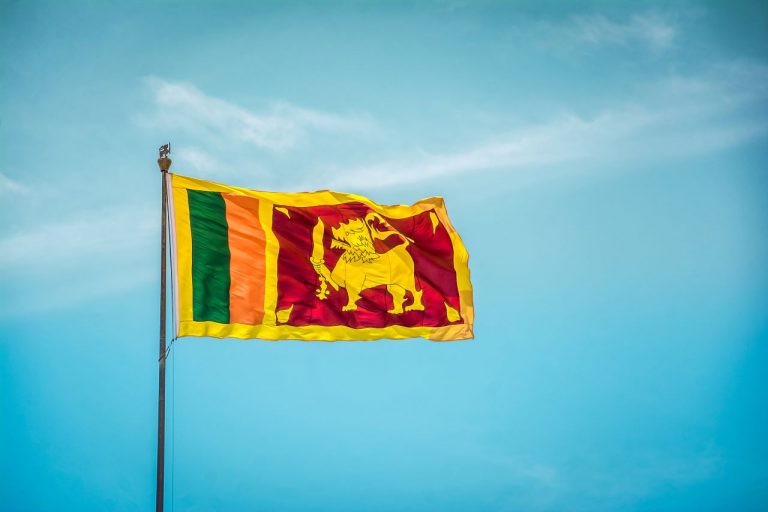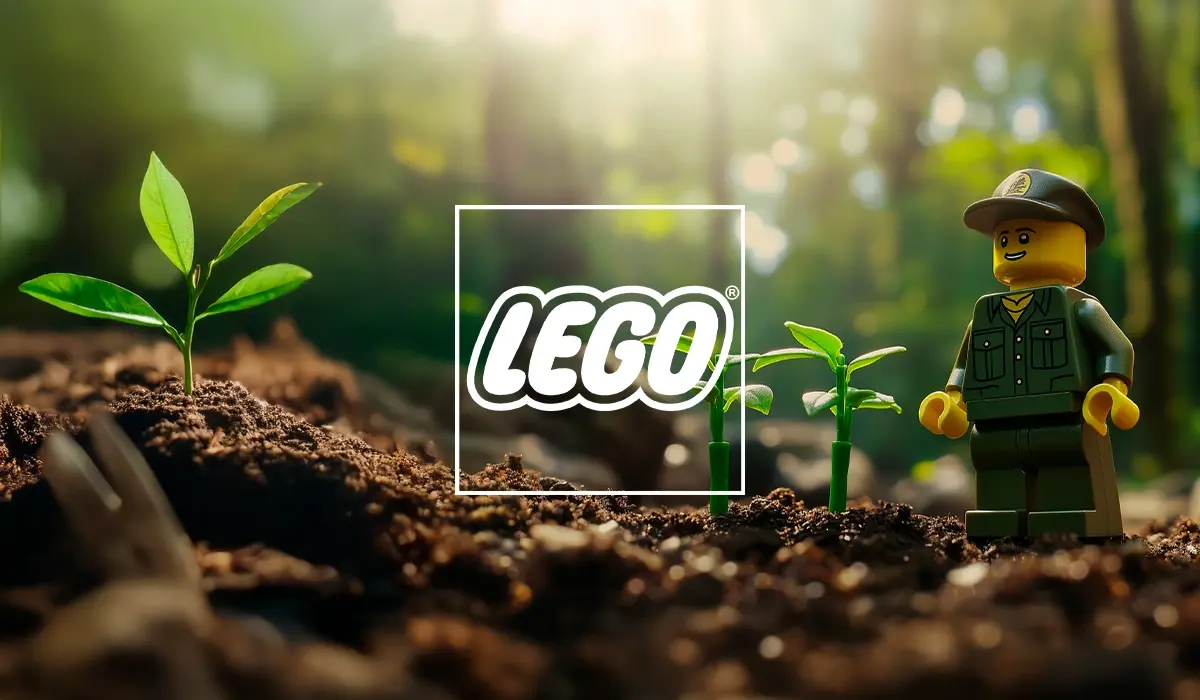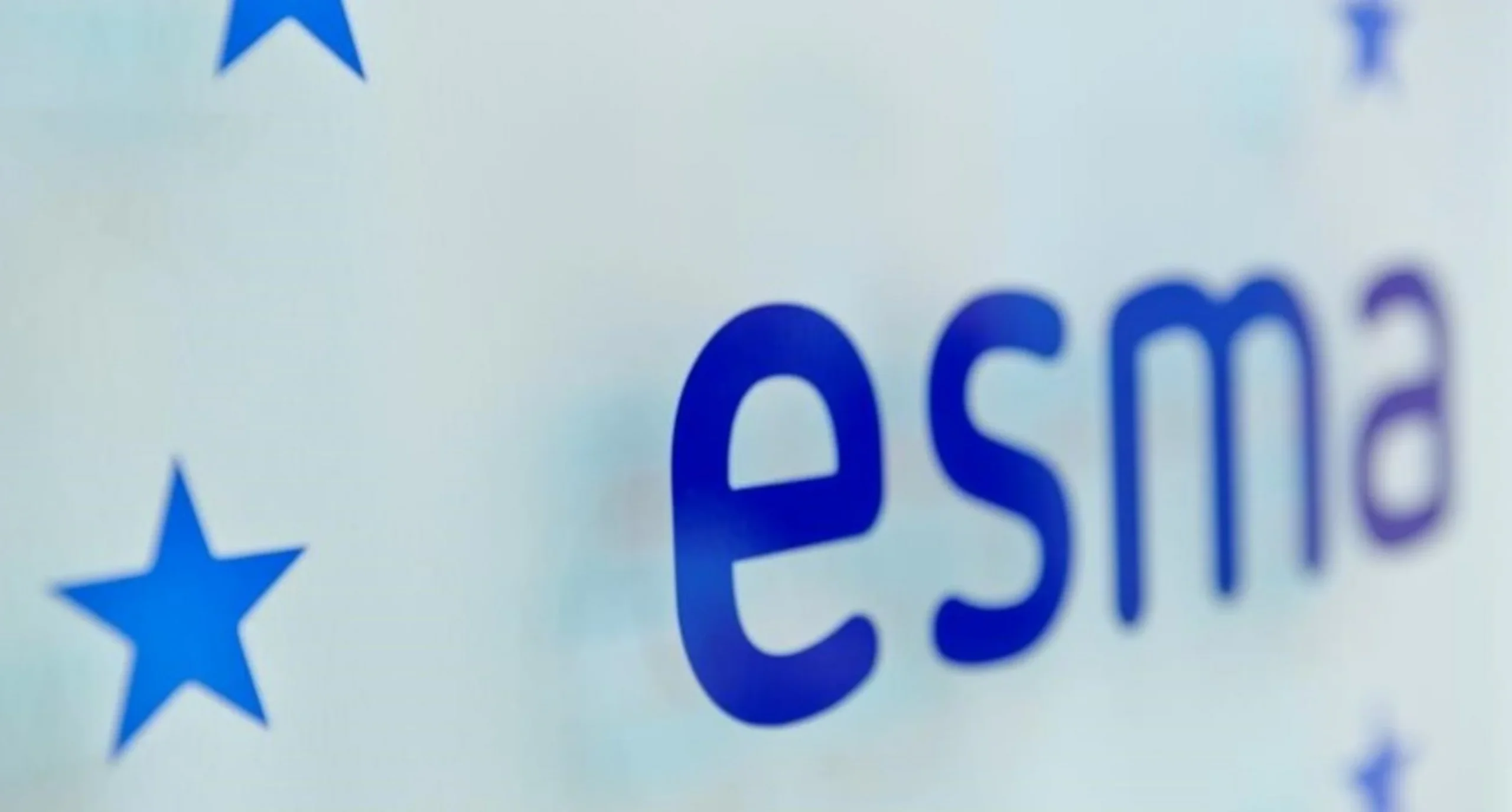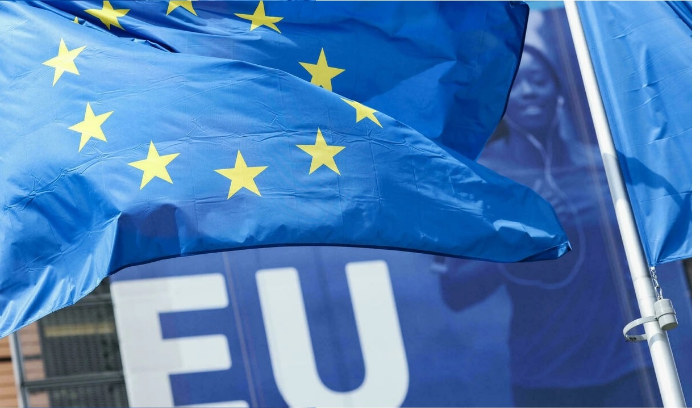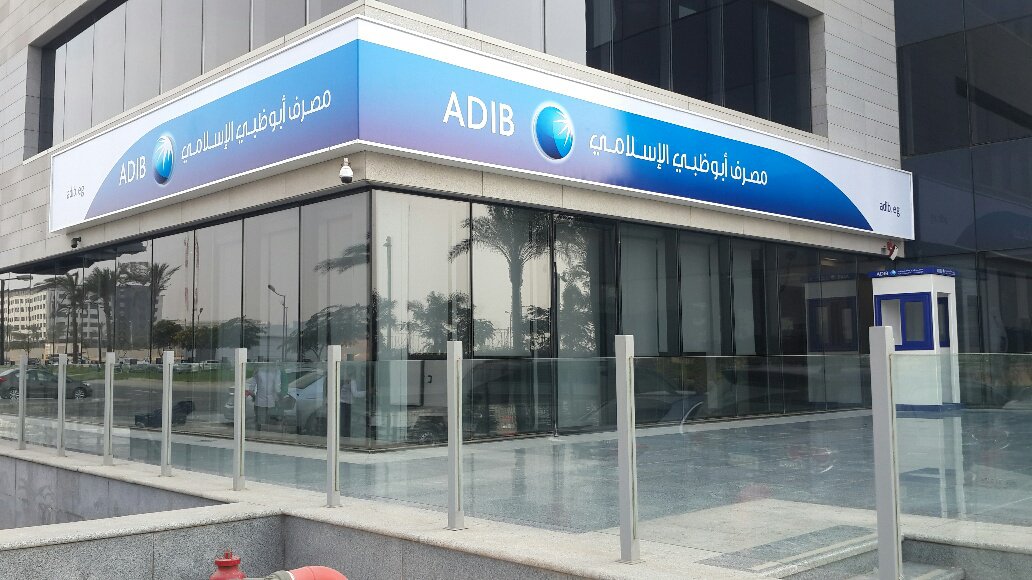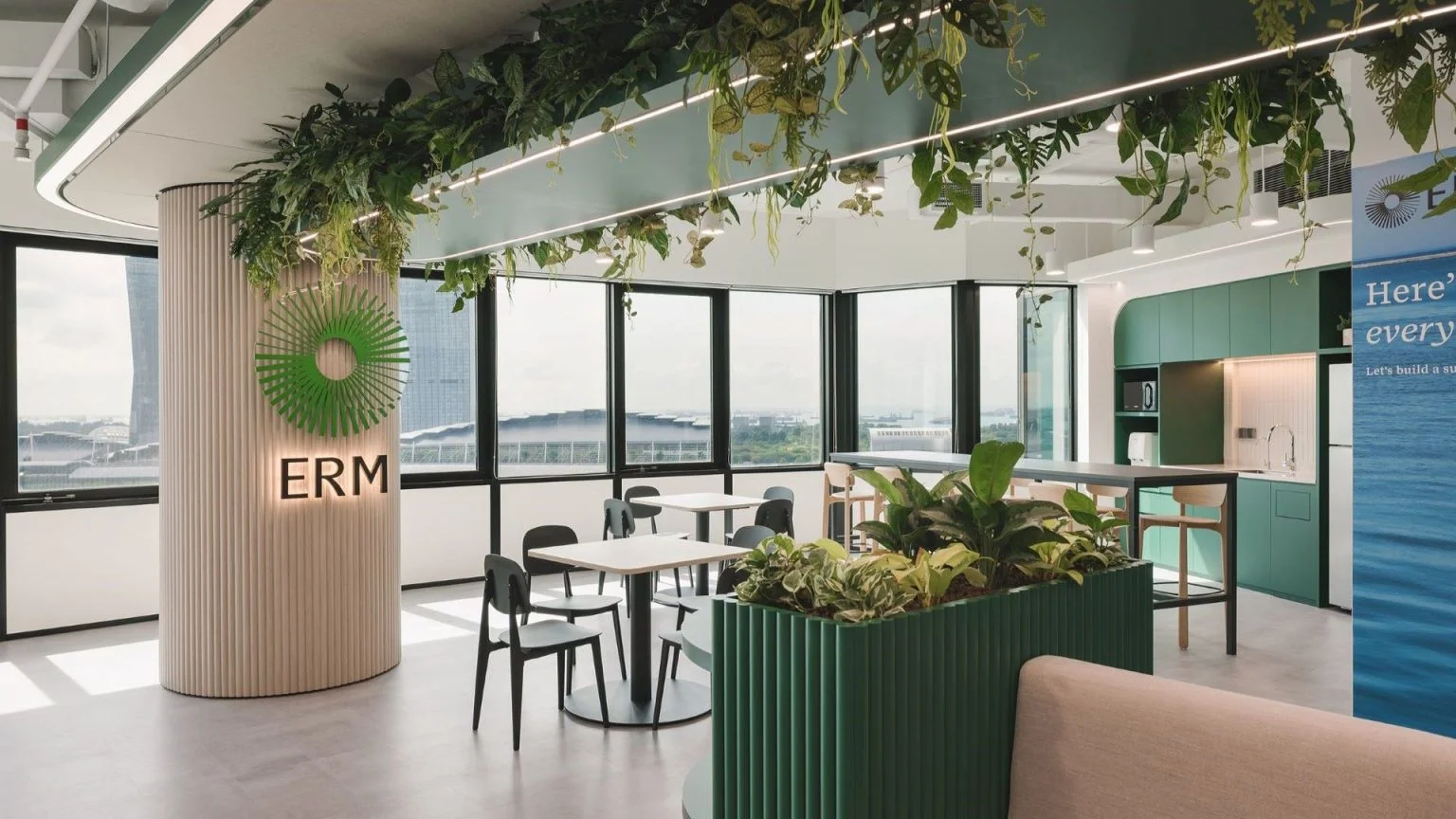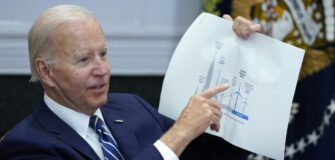Bottled Drink Giants Accused of Greenwashing with Recyclability Claims
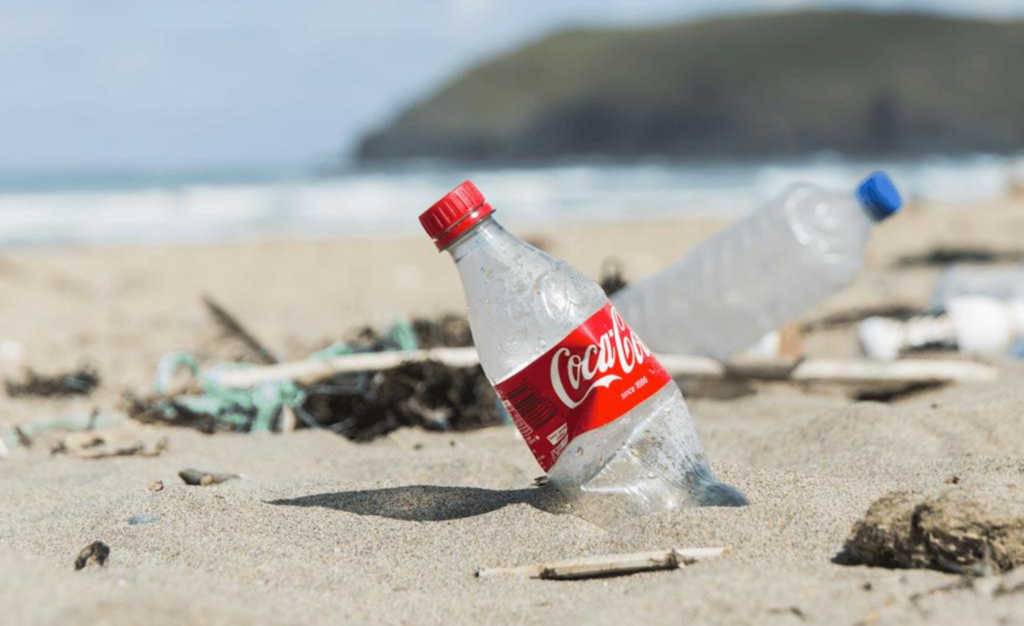
|
Listen to this story:
|
BEUC and member organisations* from 13 countries have reported to EU authorities misleading commercial claims about the recyclability of their products by major drinking water bottle traders, such as Coca-Cola, Danone and Nestlé Waters/Nestlé. According to our analysis, such claims do not comply with the EU rules on unfair commercial practices. This report was carried out together with ClientEarth and ECOS – Environmental Coalition on Standards.
The average European consumer drinks around 118 liters of bottled water per year and 97% of this water is packaged in plastic containers. Beverage bottles are one of the top sources of plastic pollution on European beaches. The beverage industry resorts to recyclability claims that according to our research are too vague, inaccurate or/and insufficiently substantiated. We identified three key claims of concern:
- “100% recyclable”: This ambiguous term depends on many factors such as the available infrastructure to collect material, the effectiveness of the sorting process, or appropriate recycling processes. The recycling rate for PET beverage bottle bodies is estimated to be only 55% in the EU and the chance of it becoming a bottle again around 30%.
- “100% recycled”: This claim wrongly implies the full bottle is made entirely from recycled materials. The fact is that bottle lids cannot be made of recycled materials by EU law and labels are rarely made from recycled material either. In addition, adding virgin plastic (i.e., non-recycled plastic) to the body of the bottle is also a common practice.
- Use of green imagery: Closed loops, green logos or nature images are used for branding many water bottles across Europe. They prompt the false idea of environmental neutrality, endless plastic circularity and may even give the impression that the bottles would have a positive impact on the environment.
BEUC and its members have filed a complaint to the European Commission and the network of consumer protection authorities (CPC), calling on them to launch an investigation. We call on authorities to ensure that traders stop misleading consumers by using such claims.
Ursula Pachl, Deputy Director General of BEUC, commented:
“Be it about buying new clothes, opening a bank account or buying water bottles, consumers increasingly want to make the most sustainable choice and seek reliable information to do so. However, they are bombarded with incorrect and deceptive claims, so they do not know which claim or label to trust.”
“Using “100% recycled/recyclable” claims or displaying nature images and green visuals that insinuate that plastic is environmentally friendly is misleading consumers. Such claims however can be found on many water bottles sold across Europe. The problem is that there’s no guarantee it will be fully recycled once it’s in the bin. This greenwashing must stop.”
“The EU is taking much welcomed steps with how to help clean up the market from deceiving green claims. However, it will take years before new regulatory measures will apply and there is no time to waste, so we expect authorities to take action quickly.”
Related Article: Swiss Government Further Efforts on the Prevention of Greenwashing.
Justin Wilkes, Executive Director of ECOS, added:
“Policymakers must set clear rules on recycled content that are implemented by standardised reliable methodologies, putting an end to the Wild West of green claims.”
Rosa Pritchard, Plastics Lawyer at ClientEarth, concluded:
“The reality is single use plastic is neither circular nor sustainable. Recycling can never catch up with the sheer volume of plastic produced on our planet. Companies are in a unique position to change how we consume but currently these claims – which we consider to be misleading – are making it hard for consumers to make good environmental choices.”

